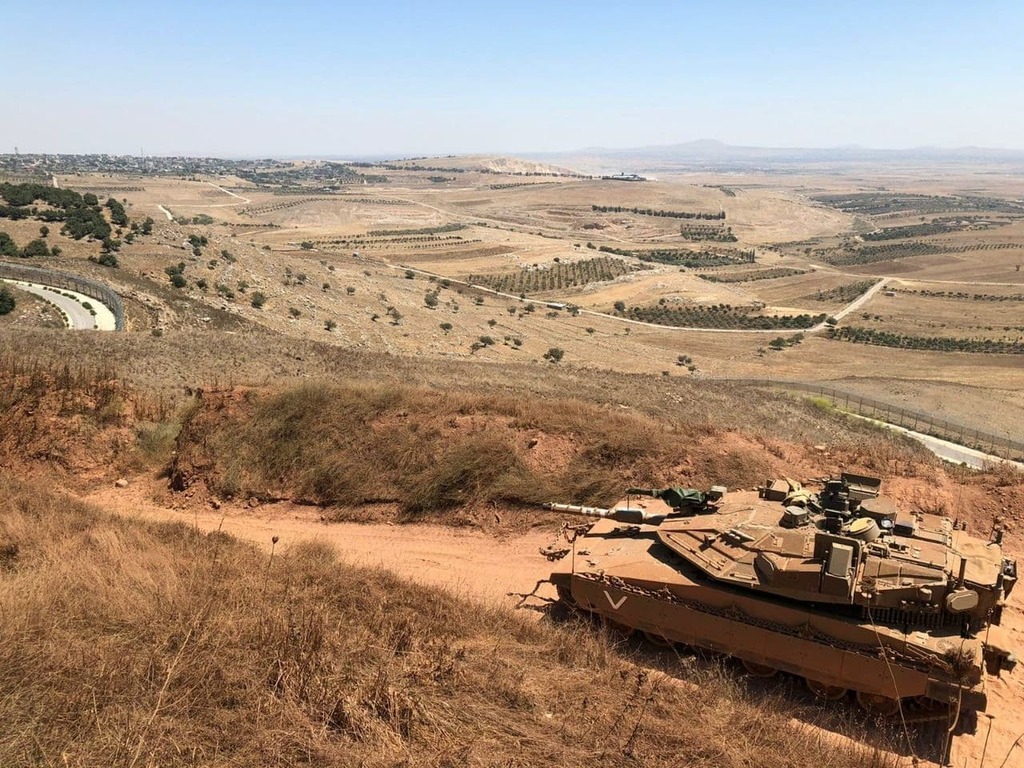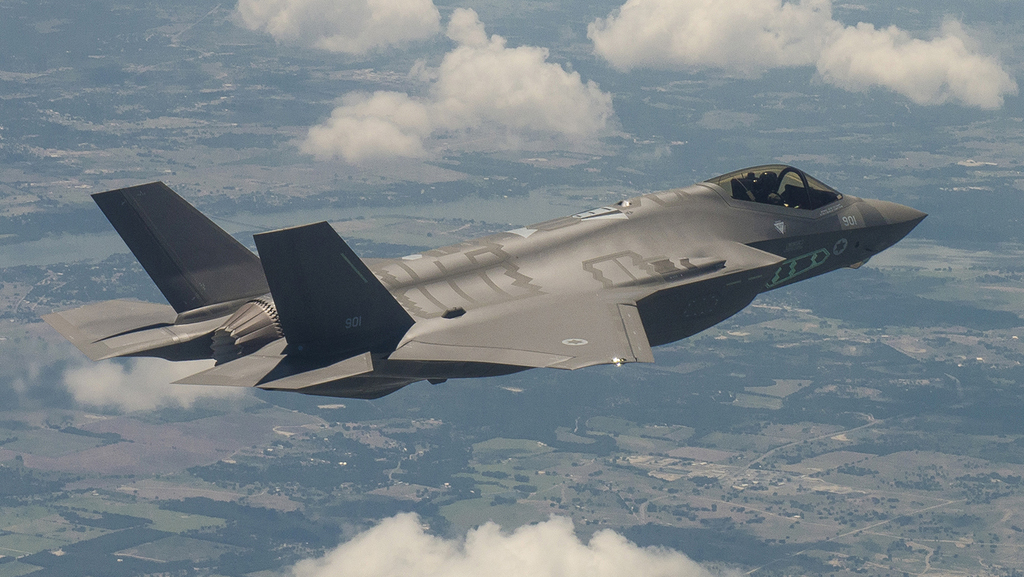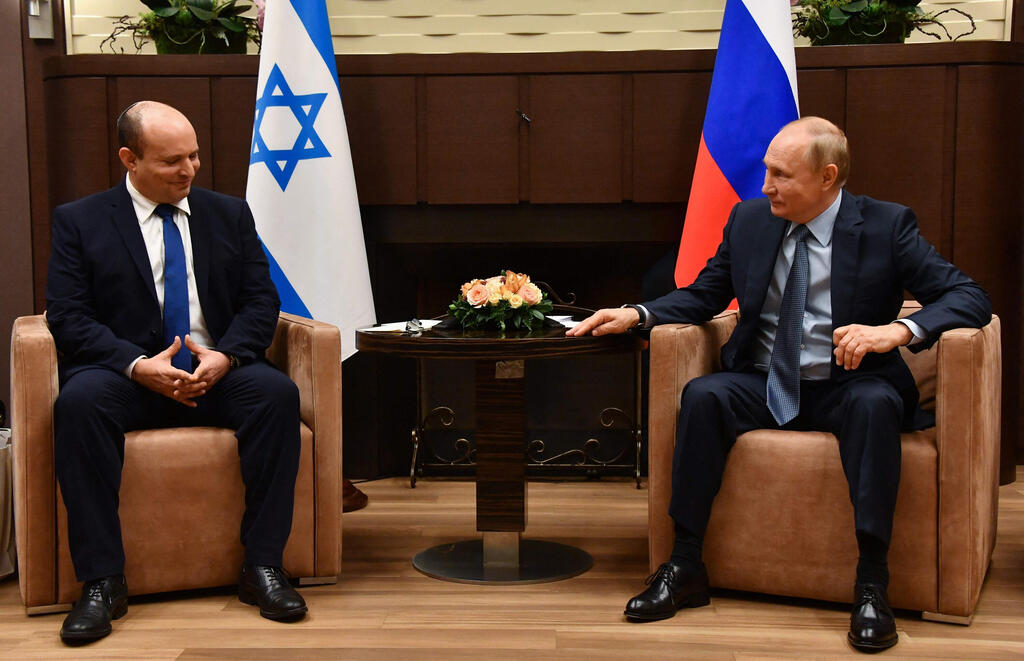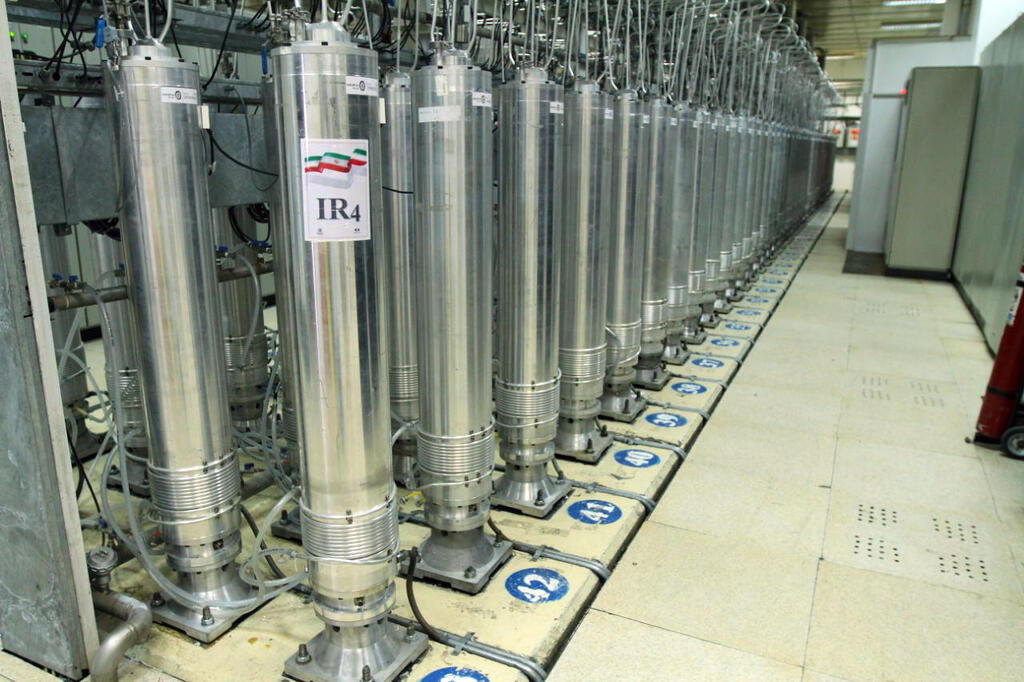The IDF's annual assessment is first published Tuesday on Ynet and states that in the past year, Israel has improved in a moderate degree its national security status.
The reason for the improvement is that the likelihood of an initiated war against Israel by its enemies remained low as it had been in the last two years, and the possibility of a sudden unexpected escalation in the northern region that had been very high in recent years has decreased slightly as well.
IDF's officials are also optimists because of the state budget approval, which also includes the security and IDF budget, and allows them to speed up the purchase of gear, new supplies, and plan the training drills for the next two years. The Israel Defense force also made a dramatic improvement in its capability to cope with missiles and drone threats on vital strategic facilities and the corps on the frontline.
Chief of Staff Lt. Gen. Aviv Kochavi summarized last week the assessments for 2022 in front of the Foreign Affairs and Defense Committee of the Knesset, and it will later be brought to in-depth cabinet discussion and review.
Israel's moderate improvement in the national security status is attributed to four factors:
First, there has been a significant decrease in the development of threats in the northern region, Iran's military establishment in Syria was halted, especially near the border with Israel; Hezbollah and pro-Iranian militias were slowed down with precision strategic weapons (missiles and drones of all kinds), and Iran's air defense batteries supply were disrupted, and as a result, Israel's air force could maneuver freely in the area. This is a direct result of the effectiveness of the CDC (the campaign between wars) that the IDF conducts in the northern region.
Second, the north region's instability was reduced because Syria's civil war decayed, and The Syrian President Bashar al-Assad and Russian President Vladimir Putin, who supports him, want to impose political stability and enhance the regime's control in most of Syria in order to begin the restoration of the country. Russia and the Syrian regime are expected to gain considerable profit from the reconstruction of Syria if they will find someone that would fund it, but at this time, there is no such.
Even Saudi Arabia and other oil states in the Persian Gulf, which have recently improved relations with Assad, aren't willing to participate in the restoration as long as the United States doesn't recognize the legitimacy of the regime and as long as Iran establishes military and economic power in Syria.
Iran's establishment destabilizes Assad's governance and sovereignty in his country. As a result, he and the Russians are realizing, now, more than ever, that frequent Israeli attacks on Iranian forces. And while these attacks deter possible investors, Putin, who the Iranians compete with financially and undermine the stability in Syria, understands the benefits.
Israel also believes that in order to get rid of the Iranian presence near its border, or at least, to reduce it, some indirect moves to help Assad must be made, so he could spread his rule over all of Syria. There is even a political effort to recruit Washington to help Assad rebuild his country, and so that the U.S. will some of a counterbalance to Russian influence in the region.
Another reason for rising stability in the northern region is that Hezbollah is politically and publicly entangled, and it is considered at least partially responsible for the multisystem crisis that Lebanon is immersed in without any foreseeable solution at the time.
The IDF estimates that at this period of time, Secretary-General of Hezbollah Sayyed Hassan Nasrallah won't want to go into confrontation with Israel, since it would only increase the suffering of the Lebanese people. So, the obvious assumption is that the CDC in the northern region produces pretty good results and it's worth enhancing it.
The third reason for the improvement in our security situation is the approval of the state's budget, which enables the IDF to accelerate the Chief of Staff Kochavi's plan for a perceptual and structural revolution in the IDF. The approval of the budget also allows the IDF to improve its current ability for a possible strike in Iran if they decide to create a nuclear weapon anytime soon.
IDF's estimation is that any action in Iran and Iraq will result in a confrontation in the northern Israeli border, and possibly even in Gaza and within Israel. Nor it is certain that a single in Iran will finish the job. Therefore, thwarting Iranian nukes could also be a fairly long and close campaign, including ground moves and in-depth actions, in no predictable outline, it will be a hit-and-run operation.
Regarding the missiles, drones, and cruise missiles threat that Iran already has and the ones it will have in the future, Israel is expected to be a few steps ahead in its capability in protecting civilians and military personnel in the front. The edge Israel will have is due to a combination of many high-tech means such as laser technologies, electromagnetic beams, sensors and detection tools, high-end missiles and bombs, and cyber and artificial intelligence.
Most of these advanced technologies are Israeli developments that were delayed due to a lack of budget. And the approval of it finally allows them to be finished and operational. However, the senior IDF command understands that a hermetic defense on Israel's air space and the frontier is impossible.
5 View gallery
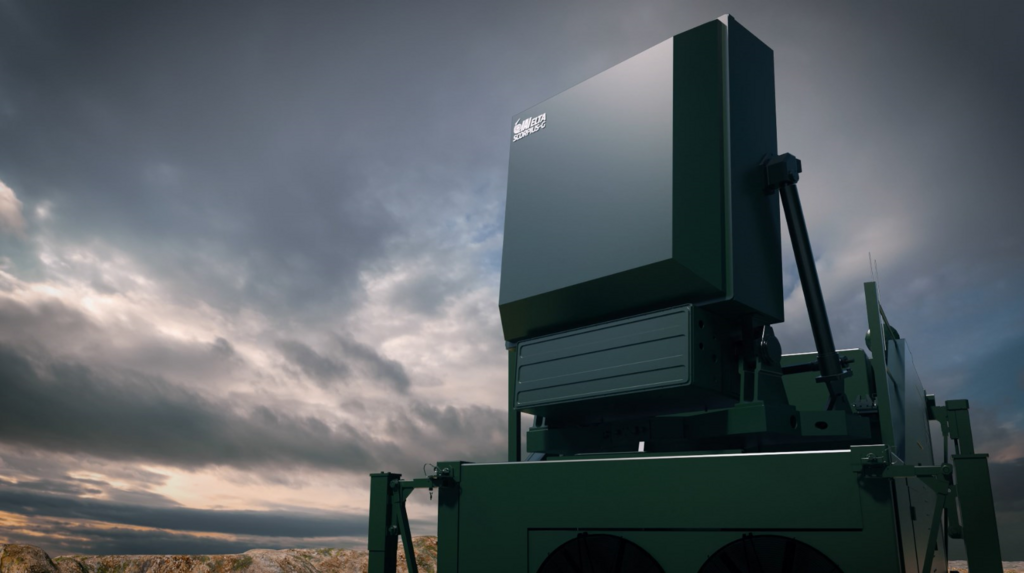

The new 'Scorpius' system uses laser and electromagnetic beams to prevent aerial and ground
(Photo: Israel Aerospace Industries)
The fourth reason for national security optimism is the intelligence and security cooperation that is tightening and intensifying with regional states. Not much can be said about this matter because of the secrecy of it, but the international air drill "Blue Flag", conducted by the Israeli Air Force and the visit by Maj.-Gen. Amikam Norkin, the commander of the Israeli Air Force (IAF) this week at the UAE are notable milestones in this context.
These were the main areas in which the security situation has improved. other areas such as the Gaza Strip have on significant change for better or for worse.
Gaza Strip, after Operation Guardian of the Walls this May, gained stability in exchange for economic benefits, but the situation remains delicate as in the past years. The current peace lasts longer than before thanks to Qatari funds, Egyptian involvement, and Israel's goodwill in giving aid with economic easings, such as job approvals in Israel for the Gazan people.
But Hamas and the Palestinian Islamic Jihad are radical Islamic "resistance" organizations, and since Israel still rejects some of their economic demands, and the negotiations for a prisoner exchange are stuck, the situation remains fragile.
IDF's situation assessment for 2022 has a major uncertainty regarding the Iranian nuclear project. While Iran slowed down the rate of uranium enrichment in recent months, they have accumulated a small amount of the critical mass required for uranium to be enriched by 60%, but they haven't enriched uranium to a weapon's level, which is 90%.
They also did not speed up the pace of installing advanced centrifuges to enrich IR-4,6 uranium, and they announced that they will return to the negotiating table in order to talk about the nuclear agreement with the European Union, Russia, and China, but not with the United States.
However, it is quite clear that the current Iranian regime led by Supreme Leader Ali Khamenei and President Ebrahim Raisi don't trust Western powers. And that makes Jerusalem, as well as Washington, wonder whether the Iranians are really going to return to the nuclear agreement, or that they just announce they will return on November 29th to the negotiation table in order to stall and pressure U.S. President Joe Biden to comply with their demands. And meanwhile, they are advancing into a status of a country that controls the production of enriched material, which is the core of the nuclear weapon.
The IDF, and Israeli officials, understand that there is no point in trying to influence the U.S. diplomatic path with Iran. They are determined to bring Iran back to a nuclear agreement through diplomacy and only in the way they see fit.
However, until Iranian and American intentions become clear, the Jewish State will have difficulty in formulating a coherent strategy toward the Iranian nuclear threat, and it will be difficult for Israel to ask the U.S. to be on the same page and help in dealing with this threat.


